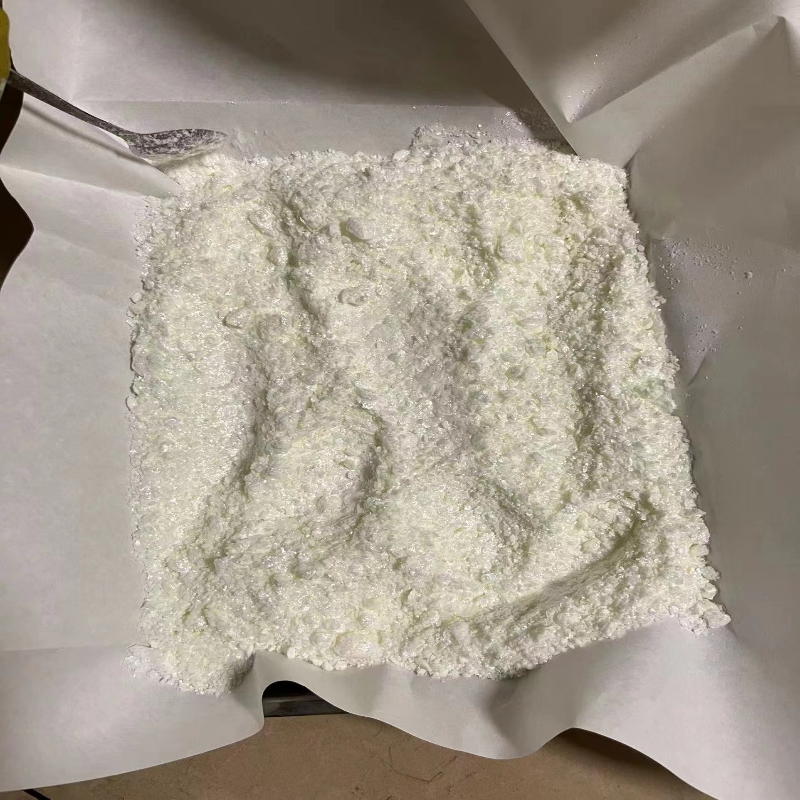-
Categories
-
Pharmaceutical Intermediates
-
Active Pharmaceutical Ingredients
-
Food Additives
- Industrial Coatings
- Agrochemicals
- Dyes and Pigments
- Surfactant
- Flavors and Fragrances
- Chemical Reagents
- Catalyst and Auxiliary
- Natural Products
- Inorganic Chemistry
-
Organic Chemistry
-
Biochemical Engineering
- Analytical Chemistry
-
Cosmetic Ingredient
- Water Treatment Chemical
-
Pharmaceutical Intermediates
Promotion
ECHEMI Mall
Wholesale
Weekly Price
Exhibition
News
-
Trade Service
On June 2, with the approval of the Deep Reform Commission of the Henan Provincial Party Committee, the Henan Provincial Development and Reform Commission and the Department of Ecology and Environment issued the "Action Plan for Accelerating the Control of White Pollution and Promoting the Construction of a Beautiful Henan" (hereinafter referred to as the "Action Plan").
Governance sets a mission statement and sets a timetable
.
Plastic is an important basic material and is widely used in social production and residents' life.
White pollution refers to the environmental pollution problem caused by excessive use of plastic products, especially disposable plastic products
.
1.
Adhere to the pilot program and advance in an orderly manner
Adhere to the pilot program and advance in an orderly manner
The "Action Plan" comprehensively considers the actual situation in all parts of the province, selects four representative cities with good basic conditions, such as Zhengzhou, Luoyang, Puyang, Xuchang, to carry out pilot demonstrations, actively explores the ban and restriction management and control mode of plastic products, and gradually promotes it to cities and counties
.
2.
The focus of the ban is on disposable plastic products that are large in quantity, widely concerned, and easy to replace
The focus of the ban is on disposable plastic products that are large in quantity, widely concerned, and easy to replace
The "Action Plan" adheres to the principle of "strengthening source management and implementing classification and control", and stipulates that the production and sale of a batch of plastic products is prohibited throughout the province: including ultra-thin plastic bags, ultra-thin polyethylene agricultural mulch, disposable Disposable plastic products such as sexual foam plastic tableware and disposable plastic cotton swabs; prohibit the import of "foreign garbage" such as waste plastics or use medical waste as raw materials to manufacture plastic products to protect the health and safety of the people; gradually prohibit the sale of plastic microbeads.
Toothpaste, shower gel and other daily chemical products to prevent "invisible" white pollution
.
3.
Actively promote the application of alternative products and models
Actively promote the application of alternative products and models
With the implementation of bans and restrictions on plastic products in various places and fields, the demand for recyclable, easy-to-recycle, and degradable alternative materials and products will grow rapidly, with huge market potential
.
4.
Standardize the recycling of plastic waste
Standardize the recycling of plastic waste
Standardizing the classification, recycling, resource utilization and harmless disposal of plastic waste is an important means to reduce the stock of plastic waste and reduce environmental risks
.
5.
Advocating green consumption
Advocating green consumption
Plastic products are widely used in all aspects of people's daily life.
While providing great convenience, excessive use can easily cause white pollution problems.
It is necessary to strengthen publicity and guidance, insist on giving priority to saving, and guide consumers to reduce the use of plastic products
.
6.
Adhere to administrative management and market guidance, industry self-discipline and other measures simultaneously
Adhere to administrative management and market guidance, industry self-discipline and other measures simultaneously
The white pollution control work involves a wide range of fields and many subjects.
It is necessary to adhere to the combination of law enforcement supervision and industry self-discipline, and to accelerate the construction of a multi-disciplinary co-governance system with the participation of the government, enterprises, industry organizations, and the public
.







